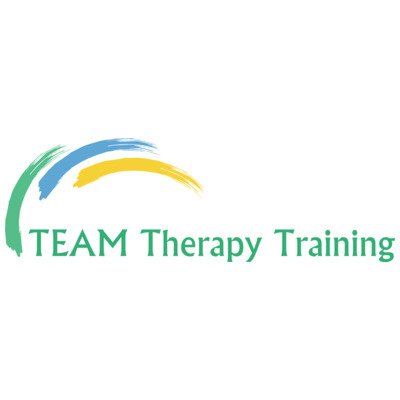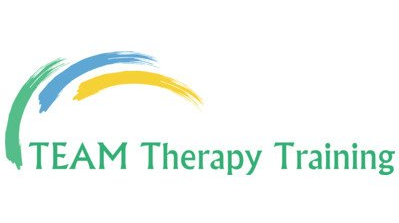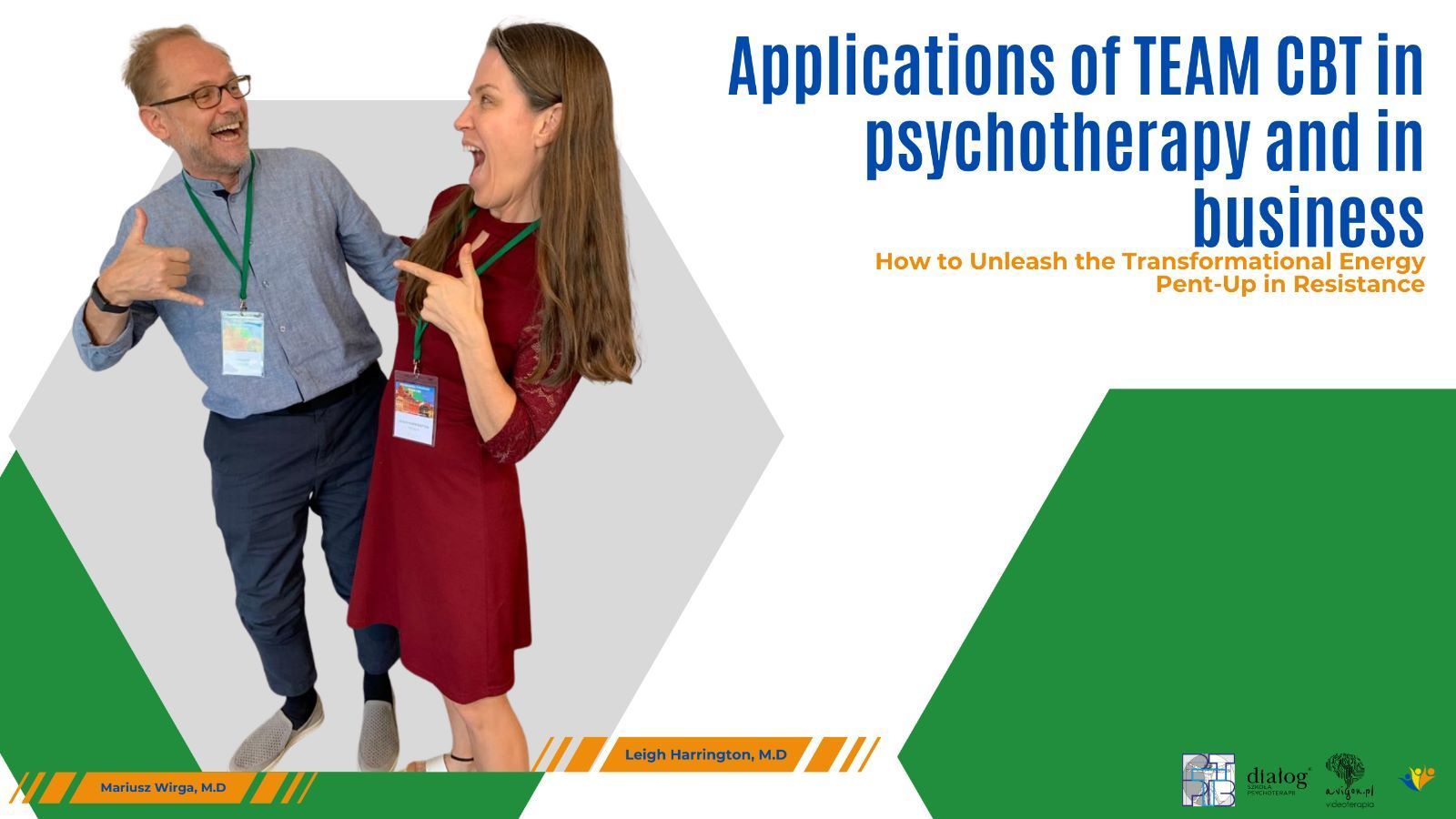When What You Want . . . Is Not What Is
Leigh Harrington • August 24, 2021
Noticing Contrast

I’ve been loving learning in all sorts of places. I’m not afraid to try something even if it seems a bit outlandish and I’m open to hearing many things that don’t stick in order to encounter the golden nugget that can often be found. With that warning, I share that for a while I was following Abraham – Esther Hicks. If you are unfamiliar, Esther Hicks is a channeler, author and speaker on the topic of manifestation. Yes, I know, that is the Law of Attraction, “The Secret,” Woo-woo stuff. In the midst of what I found to be a beautiful garden of potential new thoughts, I found a tool I thought might appeal to us CBT’ers. I’m going to call it Noticing Contrast. I’m thinking that Abraham – Esther Hicks has another description for it and I think it’s part of a 5 step process, but I loved envisioning it as a stand-alone method in CBT. I probably won’t describe it exactly as Abraham, speaking through Esther, does, but I’ll give it my best shot. A note to those who look dubiously upon Manifestation and “The Secret,” I don’t think there’s any requirement to believe in manifestation to use this method, though I will be excited to tackle how I see manifestation and TEAM-CBT connected in a future blog/podcast.
So, on to the method. Let’s call this new method “Noticing Contrast.”
As we humans go about our days our brains are busy at work noticing what we like (feels good) and don’t like (feels bad). Our brains can put in significant effort to avoid the bad and often has a special “I don’t like that” radar that sounds loudly in our brains when we meet with the disliked (bad feeling) circumstance. Sometimes it sounds so loudly that it can drown out the other information, thoughts, feelings, motivations, etc. I know my “don’t like this” radar can be quite loud at times. Then the brain often goes to work analyzing all of the ways in which circumstance X is unappealing, how it “should” be, what would be preferable, are there any easy or difficult routes to preferred circumstance, avoiding disliked circumstance. Personally, I find it hard to concentrate on what is in front of me when my mind is busy in this well-trained pursuit. Now, before we go on, let’s appreciate our minds for all of this work it is doing. It is certainly well intentioned and maybe even noble, as it’s willing to suffer in the pursuit of ending suffering. However, when we instead use our mind as the master of our brain, we are nearly all powerful.
So, when we come upon an undesired circumstance and the brain yells “I don’t like this!” and begins its dissertation research on how this circumstance came to be, what we might have done to cause it, what we should not have done, what we need to do right away to avoid circumstance X, we can use our mind to say to our brain something new: “Ah! I’m noticing the contrast between what is and what I want.” Yep! That’s it.
We notice our brain Noticing the Contrast.
We could also say, “There is contrast here.”
This is a good way to keep us out of problem-solving mode when we are most triggered and unlikely to do fabulous problem solving anyway. I find this to be must more self-respectful and self-compassionate than trying to direct myself to calm down or relax. In fact the brain doesn’t seem to really like this from the mind – responding: “What? Are you judging me for doing my job? Are you telling me to calm down when Circumstance X is going on? How dare you! I will not calm down. Look at this!”
Let’s look at an example.
As a mother of two amazing, precious children who I love dearly, I fall into the common trap of wanting them to feel happy, safe, secure, joyful, appreciative, loving, and connected (among other things) all the time. (note that we will talk about other people’s feelings in another blog post). I also have preferences for their behavior. I like the circumstance when I hear them talking kindly to each other, being generous, sharing, deferring a turn, speaking up for themselves, being honest, being helpful, using their words and not their bodies to express their displeasure, and a whole host of other behaviors. (we will take up other people’s behaviors in another post as well). So when I hear one hollering at me that the other one hit, bit, spit on, kicked, or grabbed something from the other, I feel my blood start to boil (meaning my brain says “I don’t like this” and starts sending fight or flight chemicals throughout my body).
It also starts firing off the investigative thought alarm – “What is happening?” “This should not be happening!” “Something has gone wrong.” “My children are terrible.” “My children are mean.” “My children cannot control themselves.” (so ironic). “I must be a terrible mother.” And more. Of course all of these thought just add fuel to the fire.
My brain wants to march right in and instruct my girls on proper behavior.
If I try to direct my brain to calm down, it doesn’t tend to be appreciative of the advice. It may even strengthen its efforts.
But, if I tell myself - “There is contrast here,” poof! Something happens. It might be subtle, it might be strong, but the direction of my energy shifts. The fueling of the catastrophic thoughts ceases. Suddenly there is a glimmer of hope for my mind to take control of my brain, and when that happens folks, I have options! I have freedom!
I can choose to go quickly or slowly. I can take three breaths before going in. I can decide to follow through on the plans I made for these moments or resolve to make a plan for next time. I can decide to accept myself and them exactly as they are in this moment. I can choose to love them and love me. And that, that is soooo much better than allowing the brain to get on the natural problem-solving train that it’s so good at.
Here’s to wishing that Noticing Contrast brings you newfound freedom and new options. If it does, I’d love to hear about it!
To learn more about Esther Hicks, check out: https://en.wikipedia.org/wiki/Esther_Hicks





